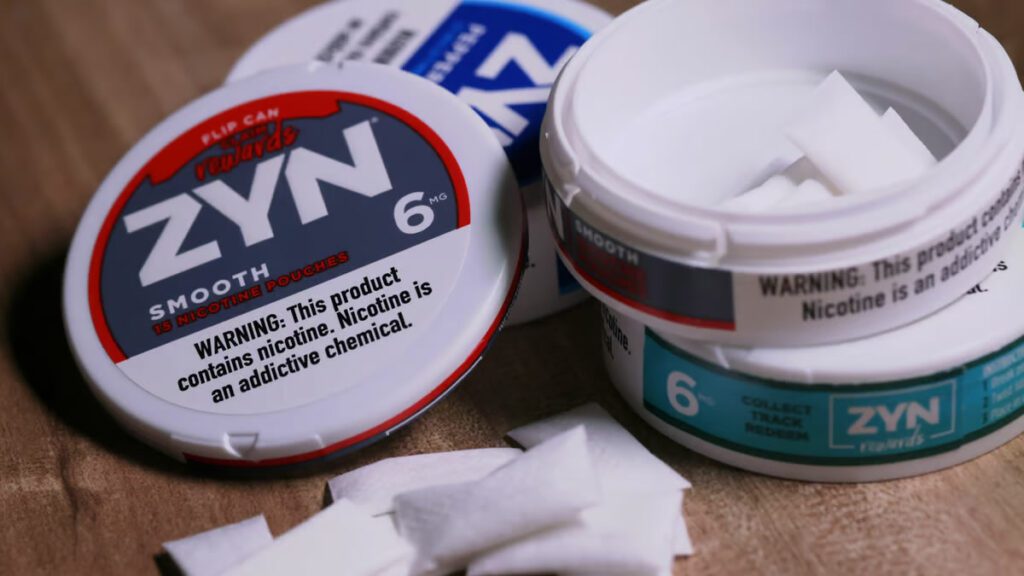France has announced plans to ban nicotine pouches, a product that has gained popularity among teenagers in recent years. Health Minister Geneviève Darrieussecq, in an interview with Le Parisien, stated that these pouches are "dangerous products because they contain high doses of nicotine." She confirmed that the ban will be officially announced in the coming weeks.
Marketing Targeted at Young People Raises Concerns
Darrieussecq expressed her concern over the marketing strategies employed by companies selling nicotine pouches, which she believes directly target young people. "I hope that we can protect our young people," she said, emphasizing the government's commitment to safeguarding the health of French youth.
Nicotine pouches, small bags containing nicotine, flavoring, and plant-based fibers, are placed under the lip to deliver a nicotine hit. While companies have promoted them as a safer alternative to smoking cigarettes, Darrieussecq argues that they can be just as dangerous, particularly when used by young people rather than former smokers.
Risk of Nicotine Addiction and Gateway to Smoking
The Health Minister warned that nicotine pouches pose a significant risk of inducing nicotine addiction among young users and could serve as a gateway to smoking. This concern is shared by other European countries, with 12 EU health ministers recently pressuring the European Commission to introduce restrictions on nicotine products and ban flavored vapes.
Darrieussecq also highlighted the increasing number of calls received by poison control centers from teenagers experiencing acute nicotine syndromes, sometimes severe, linked to the consumption of these pouches. "It is our duty to prohibit the marketing of these products," she asserted, underlining the government's responsibility to protect public health.
France Joins European Efforts to Regulate Nicotine Products
France's decision to ban nicotine pouches aligns with a growing trend among European countries to regulate and restrict the sale of nicotine products, particularly those that appeal to younger demographics. By taking a proactive approach to curbing the use of these products among teenagers, the French government aims to prevent a new generation from developing nicotine dependence and potentially transitioning to smoking.
As the ban is set to be officially announced in the coming weeks, it remains to be seen how the industry and consumers will respond to this new regulation. However, the French government's stance sends a clear message that the health and well-being of its youth take precedence over the marketing strategies of nicotine product manufacturers.

Vape Content Creator | Flavor Reviewer | Lifestyle & Vape Culture Editor
Emily Carter is a vape-focused content creator specializing in flavor reviews, device aesthetics, and lifestyle-oriented vaping content. With hands-on experience testing disposable vapes and pod systems, Emily delivers clear, visually driven insights designed for adult consumers.








